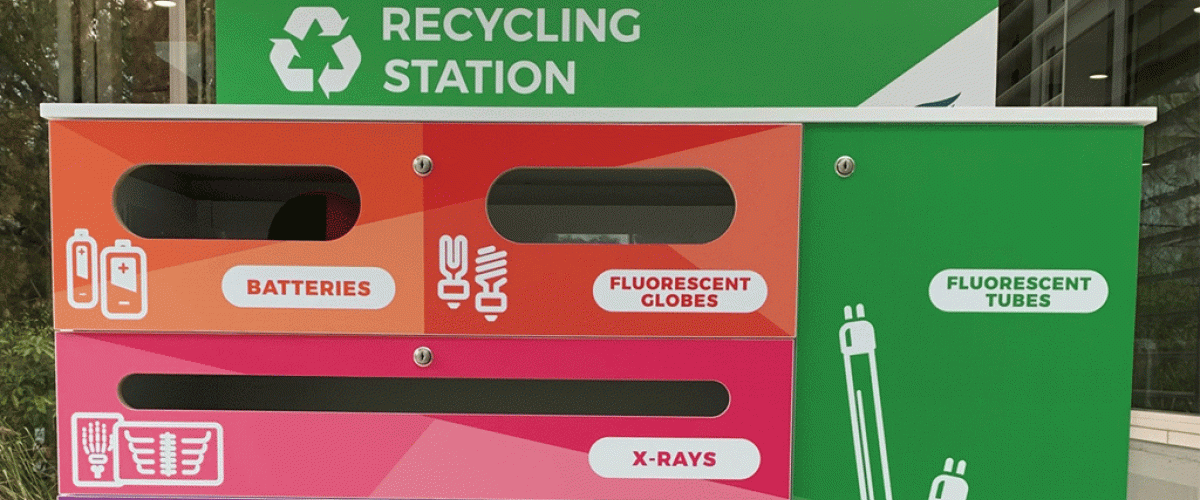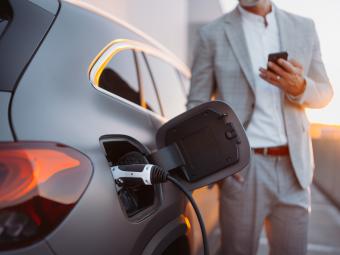We have installed mini recycling stations at some locations around Manningham to make it easier to recycle common household items that you cannot put into your bins.
When these items - like small e-waste, batteries, globes and ink cartridges - reach the end of their life they can be harmful to the environment if they are sent to landfill. Our processor is able to recycle between 93 and 98 per cent of these products.
On this page:
What can be recycled at these stations?
Can't find your item?
Find out how to dispose of your unwanted items or contact us on 9840 9333.
How to place items inside the slot
Place items loosely into their relevant slot during opening hours of their locations.
Where are they located?
How are the items recycled?
Select the item to find out how our processor extracts and reuses the materials from these items.
The Batteries are crushed by equipment and different materials will be separated. During the process, the precious metals inside are collected separately, such as: graphite powder, lithium cobalt oxide, metals, plastics, etc.
- Graphite powder can be used to make pencils and batteries
- Lithium cobalt oxide is mostly used for remanufacturing new batteries
- Metals can be used as building materials, producing new electronics, etc.
- Plastic can be used as a raw material to make new home appliances
98 per cent recyclable
Fluoro tubes and globes are crushed by automated equipment, and the lead in the tube is collected. Glass and hardware metal are automatically separated.
- Lead can be made into new batteries
- Glass can be made into new glass craft products
- Metals can be used as a raw material for construction or into other new electronic products
97 per cent recyclable
It will be crushed, and then the heavy metals and plastics like PET inside will be recycled separately.
- Silver is used as a raw material for batteries, IC chips, and other electronic products
- PET plastic can be made into plastic containers, bottles, toys, and other plastic products
93 to 98 per cent recyclable
Manually dismantling process is used to separate the plastics, metals, printed circuit boards, batteries and other materials in e-waste. Different materials are to be further recycled. Plastics will be made into pellets as raw materials, and precious metals in printed circuit boards and batteries will be recovered.
Plastics can be used for building materials, or as raw materials to make new electronic products, toys and other products.
95 to 98 per cent recyclable
The toner inside the cartridge will be collected and remaining plastic casing will be made into plastic pellet as raw material. The small printed circuit board on the cartridge will be recycled with precious metal recovered.
- Toner will be used as a raw material to make a new cartridge
- Plastic pellets can be made into various electronic products and packaging boxes
95 to 98 per cent recyclable
Equipment is used to crush, clean, and separate a small amount of previous metals, the remaining plastic will be made into plastic pellet as raw materials, and paper will be recycled as raw materials as well.
- Precious metals can be used as raw materials to make other electronic products, such as IC chips, etc.
- Plastic pellets can be made into plastic containers, toys, packaging materials, etc.
- Paper can be made into packaging cartons, books, etc.
95 to 97 per cent recyclable



